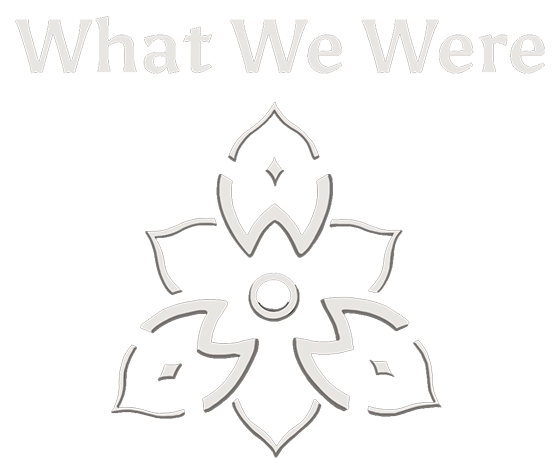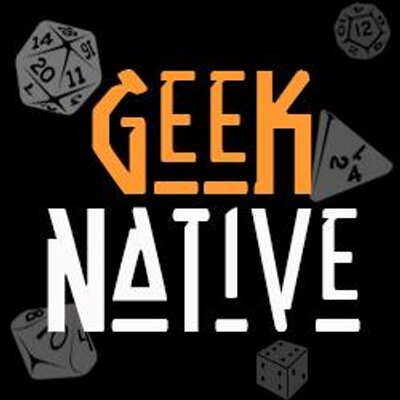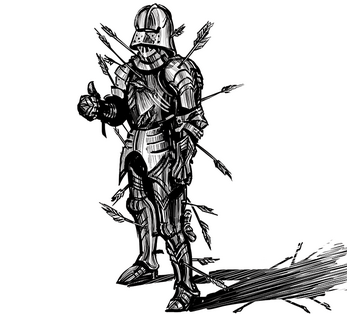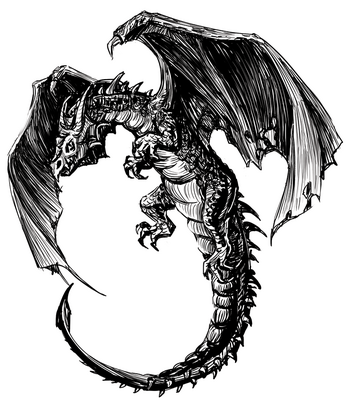
What We Were
A downloadable game
What We Were is a system that is designed to be easily adapted to fit whatever story you're trying to tell. It allows players to create any character in any setting with accessible mechanics.
So, instead of wasting time trying to hack your favourite system to work with the story you're trying to tell, let What We Were help you tell the tale with ease.
Whether it’s a tale about a classical, Arthurian knight; a murder mystery in the Scottish Highlands, or rugged cowboys in the Wild West, What We Were gifts players the ability to craft whatever they can imagine in intuitive ways that’ll appeal both to seasoned role-players, whilst also being easily-accessible to newcomers.
Why is this any different from what's already out there?
Whereas in other table-top roleplaying games, the focus may well be on monster slaying, What We Were is a game about fully developing and understanding our characters’ through exploration of their personal story.
It’s not important how many kobolds you can kill; what is important is your character finishing their quest for revenge, recovering their lost love, or reclaiming the throne from their wicked brother. It is a game about who you were, what you became, and who you will become.
What if I've never played a tabletop roleplaying game before?
What We Were is designed to be as accessible as possible for people who have very little, or no, roleplaying experience, yet have enough depth to draw in those that would consider themselves experts. The mechanics can be as simple or as complicated as you want them to be; the aim is to make a playground that allows you to run wild rather than simply make a slide and tell you how to use it.
The game is designed to be as open as possible, allowing the creation of unique skills, spells, and magical items. To keep the game open, it is built to work within any setting, be it Fantasy, Sci-fi, an over the top Shounen anime.
Unique Characters
When making your character you don’t pick from a predetermined list of existing options, making yet another half-elf ranger. Instead, layers create unique individuals with their own story to tell by answering a set of questions about that character’s life;
Who were you? “Well I was a knight and was regarded as the greatest swordsman in the realm!” This outlines some of the character starting skills. What these skills are is a conversation between the player of the character and the GM so that the skills are appropriate for the answer.
What happened to you? “I had my hand cut-off by some bandits that managed to take me captive.” This is to express what changed that characters current situation. It serves as a turning point in their life and is an important roleplay feature.
What have you become? “After losing my sword-hand I ended up unable to keep my reputation as the greatest swordsman, and as such had to take up more of the bureaucracy of court life.” This outlines the final chunk of a characters starting skills. Much like before this should be a conversation between the player the GM to choose skills that makes sense for this new stage of the characters life.
Where do we go from here? “Well, I have a plot to overthrow a local lord to expand my own boarders!” This is what drives the character forward. Progression towards this goal is what will earn the character Fate Points (This systems experience system)
With these questions answered your character will have a unique set of skills based off the life they’ve lived and should have a clear goal in mind to progress the story.
Rolling the Dice
The game is played by describing a character’s actions in the world and rolling dice to see if they achieve whatever task they are attempting. When someone within the game attempts something with meaningful consequences for their failure, they have to perform a Skill Check. A skill check is either Opposed or Unopposed.
Opposed This is when someone attempts to something, and someone else is directly trying to stop them. This could be an act of active opposition such as blocking an incoming attack, or passive opposition such as sneaking past someone. In an opposed roll, both parties roll their dice and whomever gets the most successes is the winner!
Unopposed This is when someone attempts to do something and the natural difficulty of the task is what creates the risk of failure, rather than someone actively acting against them. This could be picking a lock or climbing a wall. In unopposed rolls, the GM sets the difficulty of the task at hand, and the player must roll equal to or more than the set difficulty. For example, if the difficulty for the task is 3, then the player needs to roll at least 3 successes to achieve what they’re attempting.
“But what sort of dice? How many?”
Players roll an amount of d6 (Six-sided dice) equal to their characters core stat (their strength, dexterity, intelligence etc…) plus the skill they are using (Perception, Acrobatics, Endurance etc…) For example, a character wants to do a backflip. They will be rolling dice equal to their Dexterity stat plus their Acrobatics skills.
“Ok, so I know how many dice I’m rolling, what does the result mean?”
After rolling the dice, you need to count how many successes you got. You then compare that to either your opponent’s successes or the set difficulty of the task at hand.

| Status | Released |
| Rating | Rated 5.0 out of 5 stars (3 total ratings) |
| Author | Freddie Taylor-Bell |
| Genre | Role Playing |
| Tags | Tabletop role-playing game |
Purchase
In order to download this game you must purchase it at or above the minimum price of $5 USD. You will get access to the following files:


Leave a comment
Log in with itch.io to leave a comment.